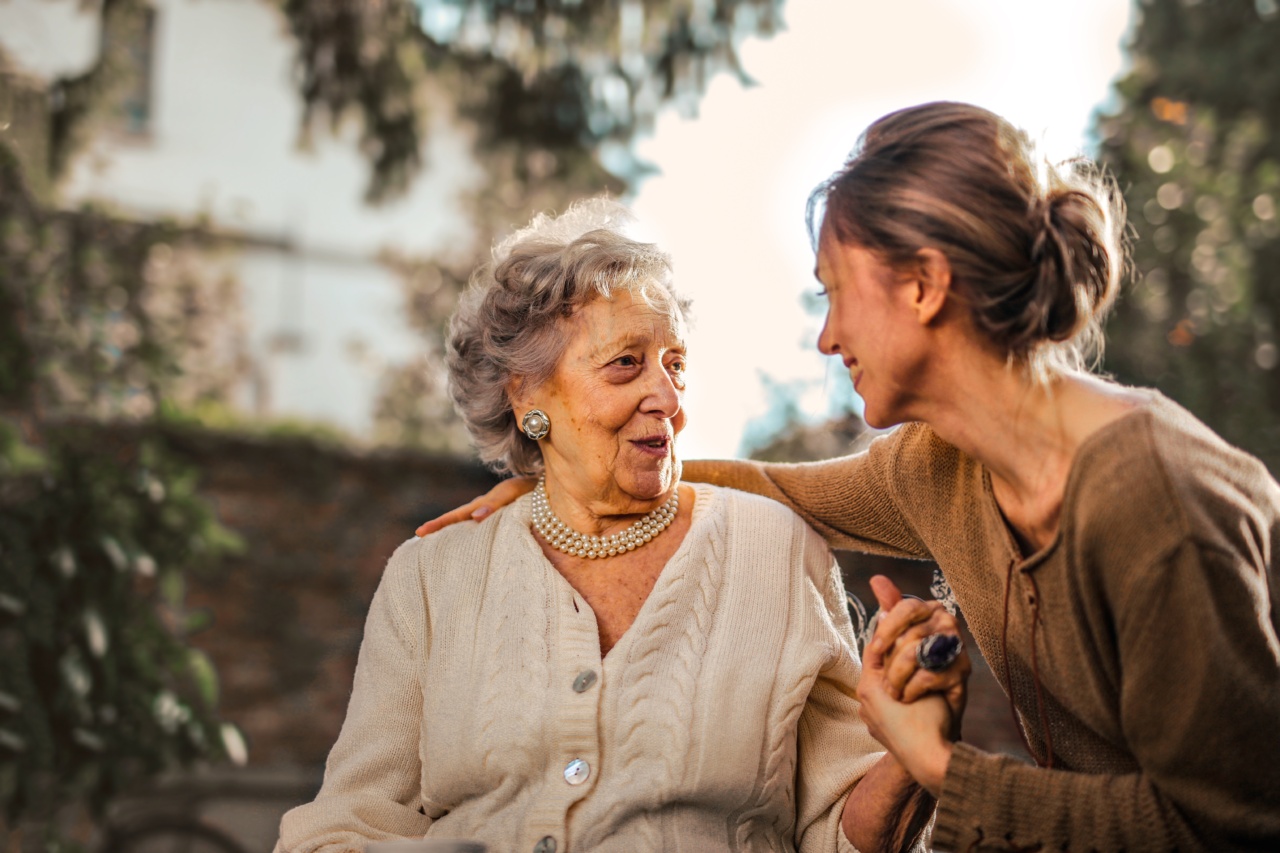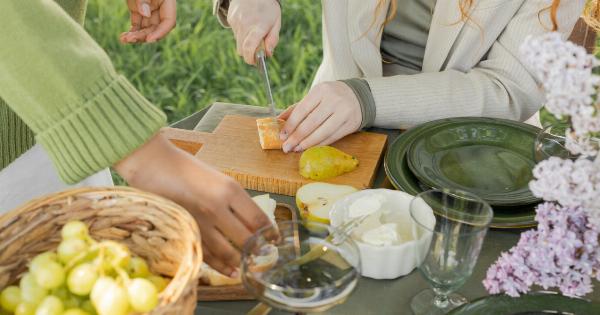Summer months bring unique challenges for seniors when it comes to falls. The hot weather, increased outdoor activities, and changes in routine can all contribute to an increased risk of falling.
However, there are simple steps seniors and their caregivers can take to help prevent falls and ensure a safe and active summer season.
Stay Hydrated
Dehydration is a common problem for seniors during the summer months, particularly during heatwaves. Dehydration can cause dizziness, weakness, and lightheadedness, all of which can increase the risk of falls.
To prevent dehydration, seniors should drink plenty of water throughout the day, even if they do not feel thirsty. Seniors should avoid sugary and caffeinated drinks, which can contribute to dehydration.
Wear Proper Footwear
Wearing proper footwear is essential for preventing falls. Seniors should wear comfortable and supportive shoes that fit well and have a non-slip sole. Sandals and flip-flops should be avoided as they can increase the risk of tripping and falling.
Check Medications
Many medications can cause dizziness and lightheadedness, which can increase the risk of falls. Seniors should discuss their medications with their doctor or pharmacist to ensure that they are not at risk of falling.
Seniors should also avoid taking medications that cause drowsiness during the daytime.
Stay Active
Regular physical activity can help to improve strength, balance, and flexibility, which can reduce the risk of falls. Seniors should engage in regular exercise, such as walking, swimming, or yoga.
Before starting any new exercise program, seniors should check with their doctor to ensure that it is safe for them.
Remove Hazards
Seniors and their caregivers should remove any hazards from the home that could cause falls. This includes removing or securing loose rugs, ensuring that there is adequate lighting, and keeping electrical cords out of walkways.
Seniors should also avoid standing on chairs or stools to reach high shelves or hard-to-reach items.
Stay Cool
Heat stroke and heat exhaustion can cause dizziness and lightheadedness, which can increase the risk of falls.
Seniors should stay cool during hot weather by staying indoors during the hottest part of the day, wearing lightweight and light-colored clothing, and using air conditioning or fans to stay cool.
Discuss Fall Prevention with Doctors
Seniors should discuss fall prevention with their doctors during regular check-ups. Doctors can provide advice and guidance on how to reduce the risk of falls based on the individual’s health and lifestyle.
Seniors should also discuss any recent falls or near-falls with their doctor.
Stay Connected
Social isolation can lead to depression, anxiety, and cognitive decline, all of which can increase the risk of falls.
Seniors should stay connected with friends and family members, participate in social activities, and join senior centers or community organizations.
Install Grab Bars and Handrails
Installing grab bars and handrails in the bathroom and other areas of the home can help to reduce the risk of falls. Seniors should ensure that grab bars and handrails are securely installed and easily accessible.
Get Regular Eye Exams
Poor eyesight can increase the risk of falls. Seniors should get regular eye exams to ensure that their glasses or contact lenses are up to date and that they are able to see clearly.
Seniors should also ensure that their home is well-lit and that they use nightlights in the bathroom and other areas of the home.































